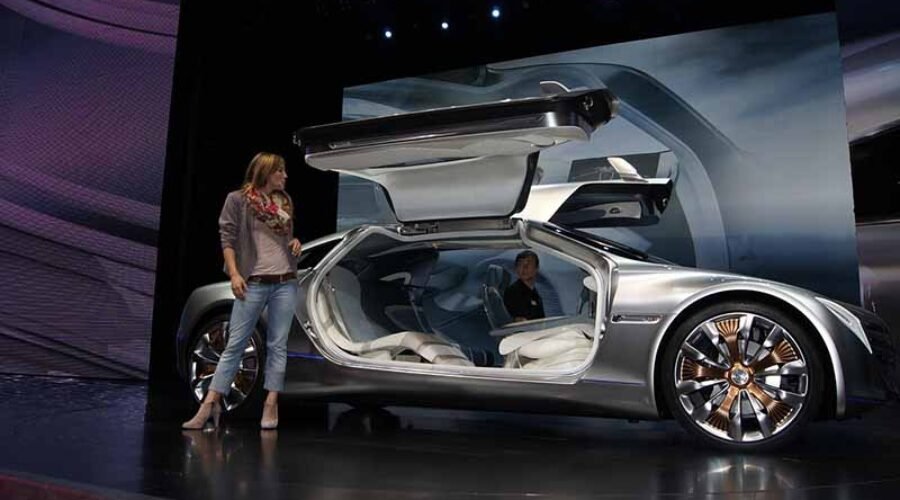New lithium mines could halve the EU’s import needs
New Lithium Mines Could Halve the EU’s Import Dependency
Lithium is the most critical mineral in today’s electric vehicle batteries. While cobalt and nickel can be substituted, lithium cannot. China currently dominates both extraction and refining, and no commercial production exists in Europe.
A new study highlights Europe’s significant potential to develop its own lithium resources — boosting competitiveness, climate goals, and security — while also revealing the complex global supply chains that shape availability and pricing.
The European automotive industry, accounting for 6% of the EU’s GDP, risks decline if the bloc fails to produce its own EVs and batteries. Today, 20% of new cars in Europe are electric, and the EU aims to phase out combustion engines by 2035.
Research led by André Månberger of Lund University shows that deposits in Spain, Portugal, Germany, France, Serbia, and Finland could, if developed, cut the EU’s future lithium import dependency by more than half. This would cover roughly 325,000 tons of lithium carbonate annually by the 2030s.
However, large-scale extraction faces challenges: high investment costs, local opposition, environmental risks, and potential groundwater contamination. Innovative geothermal projects in Germany offer a lower-impact solution — extracting lithium from geothermal water — but such deposits cover only a small portion of Europe’s needs.
Månberger stresses that import independence should not be the sole goal. Diversifying suppliers, improving material efficiency, and reducing demand growth are also key strategies. Still, without decisive action, Europe risks not only losing its automotive industry but also becoming vulnerable to economic pressure in times of geopolitical conflict.
The article was originally published on Lund University’s website: Nya litiumgruvor kan halvera EU:s importbehov | Lunds universitet


